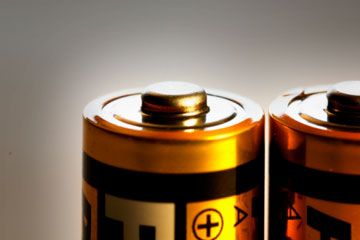Key Takeaways
- Biting on aluminum foil can be painful because it creates a voltaic battery in your mouth. This happens when the foil comes into contact with metal from dental work in a moist, saline environment like saliva.
- This contact generates an electrical current that flows to the tooth's root, stimulating nerve endings and causing pain, especially if you have fillings, crowns or other metal dental work.
- The effect, known as the voltaic effect, does not occur in mouths without metal dental work.
Biting on aluminum foil can be painful and is usually noticed if you have metal in your mouth from dental work (e.g. fillings, crowns). Basically, when you bite on foil, you set up a battery in your mouth and the electrical current stimulates nerve endings in your tooth. Here is what happens:
- pressure from biting brings two dissimilar metals (aluminum foil, mercury in fillings or gold in crowns) in contact in a moist, salty environment (saliva)
- the two metals have an electrochemical potential difference or voltage across them
- electrons flow from the foil into the tooth (i.e. electrical current)
- the current gets conducted into the tooth's root, usually by the filling or crown
- the current sets off a nerve impulse in the root's nerve
- the nerve impulse is sent to the brain
- the brain interprets the impulse as pain
The production of electric current between two metals in contact is called the voltaic effect after Alessandro Volta, who discovered it. Early batteries were made by stacking metal discs together in a pile called a voltaic pile.
Advertisement
If you have no metal dental work in your mouth, you should not feel this effect.
For more information on aluminum and related topics, check out the links on the next page.
Advertisement


